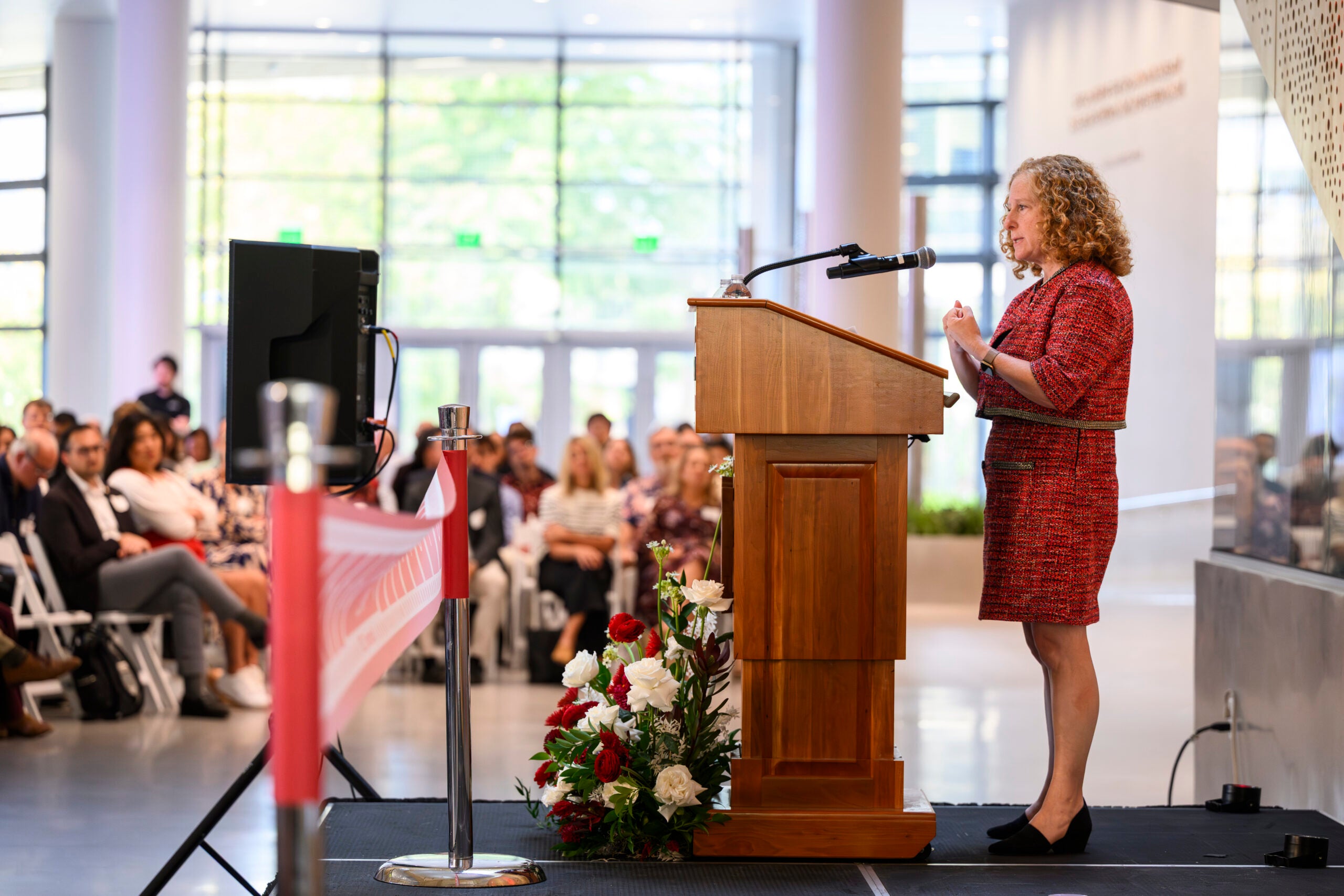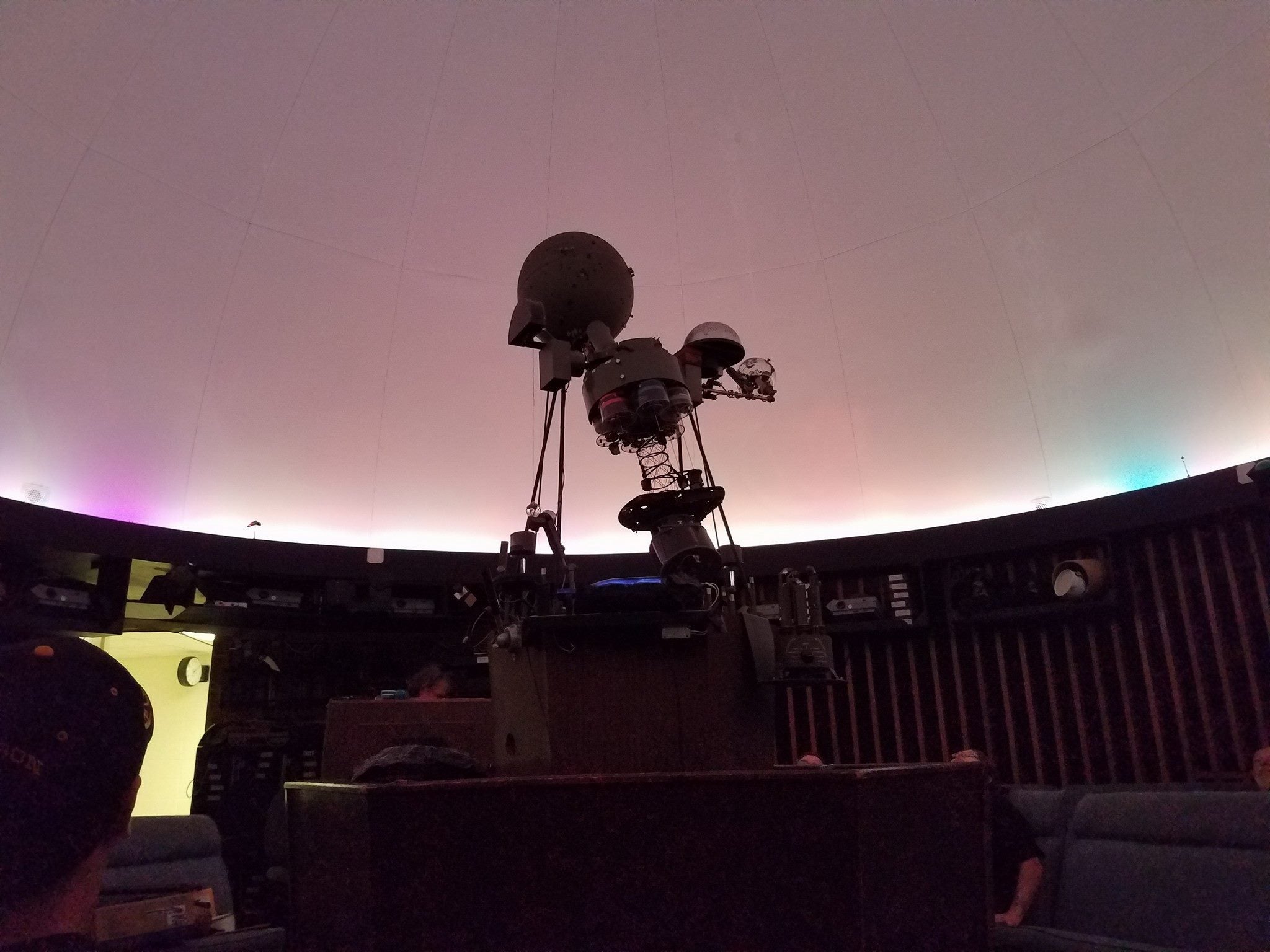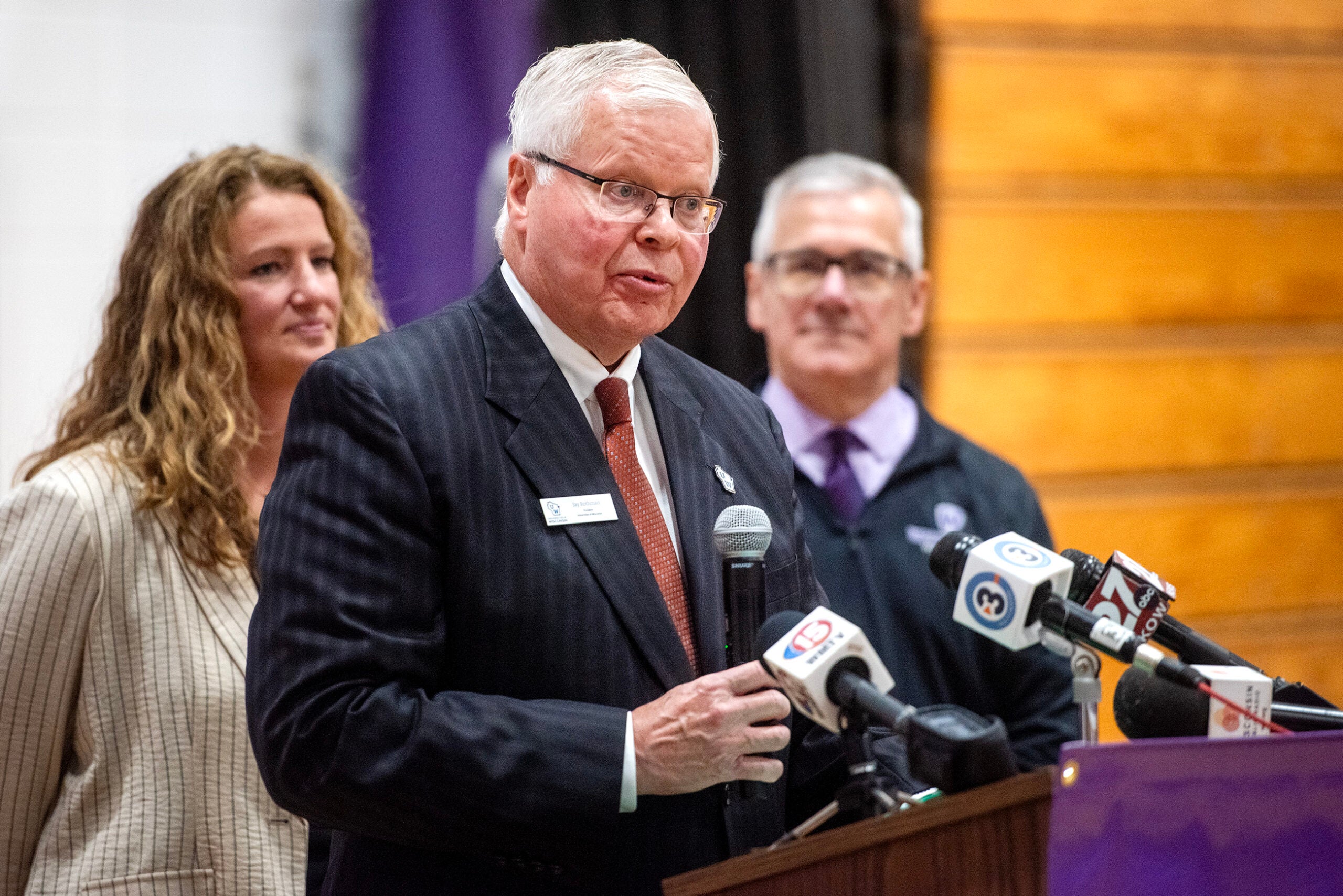La Crosse Center Make-Over; Western Students Tackle NASA Research
Featured in this Show
-
La Crosse Center Make-Over
The city of La Crosse will likely have to spend a minimum of $30 million to make upgrades at the La Crosse Center.
The $30 million represents the estimated price tag of deferred maintenance projects at the La Crosse Center which was built in 1980 and expanded in 2000 according to La Crosse Center Director Art Fahey. The city is considering other projects at the civic center totaling another $45 million for items such as an addition on the Mississippi River side of the building to capitalize on the view, and other construction work that would improve the flow of the building and make it easier for visitors to access the entire building.
“We can keep going. We’re putting bandages on things,” Fahey said. “The maintenance we’ve deferred for a long time is starting to come home to rest. We’ve got to take care of it.”
The $75 million wish list was arrived at through consultants and center officials who were encouraged by the mayor and city council to explore all of the work that needs to be done at the 35-year-old building.
Center Board President Brent Smith said the deferred maintenance projects at the center are the priority, followed by a new ballroom and terrace on the river side of the building that could provide a “wow” factor for out-of-town conventions, and local organizations looking for a place to hold events. Smith said improving the flow would be nice to accomplish, but will depend on what a funding plan will allow for. He sees an addition that would overlook the Mississippi River as a necessity.
“That’s something that not many other facilities in Wisconsin, Minnesota or Iowa have the ability to do,” said Smith. “And that’s one of the things we’ve got to do with this project.”
Fahey and Smith said a combination of funding sources could help pay for the project. They include:
- Borrowing (the most recent bonding for the 2000 La Crosse Center addition has been paid off)
- City Hotel Room Tax (the center receives about $450,000 annually from that source)
- A ticket surcharge of $.75 per event (currently brings in more than $50,000 per year)
- Naming rights for some rooms (likely to keep La Crosse Center as the facility’s name)
- Funding from the state of Wisconsin
Center funding from the hotel room tax is likely to increase in the future. Five new hotels are being built, or in the planning stages right now in La Crosse.
There is still a lot of work that needs to be done before construction would begin. All of the funding numbers are just estimates at this point. A funding plan needs to be arrived at, and decisions must be made on whether to do all of the projects together, or in phases.
The city council won’t likely consider a detailed plan until sometime in 2016.
-
Western Students Tackle NASA Research
NASA-funded research is underway at a few Wisconsin community colleges. The work stems from the Wisconsin Space Grant Consortium and some participants say the findings could have a national impact.
One of the programs that schools are participating in is the Tethered Aerostat Program, meaning students use instruments like mini hot air balloons to collect data.
At Western Technical College, students are researching how to use microwaves instead of power cords to move electricity from one place to another. Consumers are seeing this more with charging cellphones wirelessly, but future applications could be placing solar panels in orbit and beaming electricity down to Earth.
Physics instructor and TAP faculty mentor Dr. Mike LeDocq said the college does not generally have formal research opportunities, but this program opens the doors for students.
He said it’s part of a bigger effort by NASA to involve more two-year college students in research.
“Part of the project is to bring students into what we call the NASA pipeline. So, get them trained in technical areas that might be of interest so they can potentially be employed by NASA and/or companies that work with them,” LeDocq said.
LeDocq said he hopes funding can continue and the program expands in the future.
College of Menominee Nation students are using the blimps to monitor the health of a sustainable forest.
At University of Wisconsin-Fox Valley, the students’ experiments are focused on atmospheric health and they’re looking at the gases and pollutants in the air.
Episode Credits
- John Gaddo Host
- John Davis Producer
- Art Fahey Guest
- Brent Smith Guest
- Dr. Mike LeDocq Guest
Wisconsin Public Radio, © Copyright 2026, Board of Regents of the University of Wisconsin System and Wisconsin Educational Communications Board.





